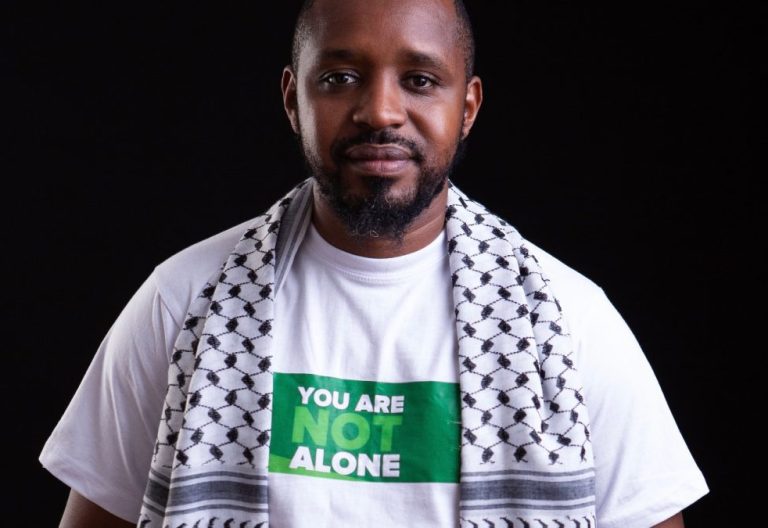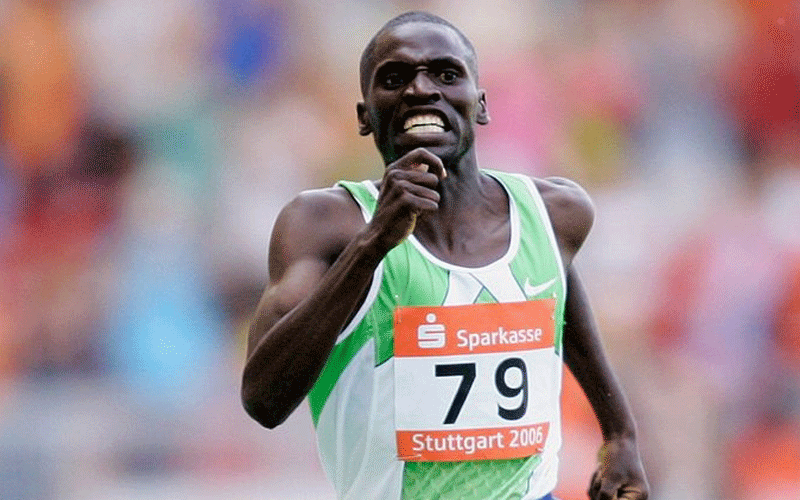Veteran Kipsiele urges athletes to compete clean
By Amos Abuga, August 19, 2020Paul Kipsiele Koech, the third fastest steeplechaser in history, knows a thing or two about investment, running clean and even longevity in sports.
Kipsiele, who turns 39 years old in three months, says the decision to retire from the water-and-barriers event four years ago remains one of his toughest to date.
After competing in his 67th international race during a Diamond League meeting in Brussels in 2016, Kipsiele, then 34, bid the track goodbye.
The soft-spoken runner would go on to feature in his first and only marathon to date in 2017 in Rotterdam, managing a laudable two hours and twelve minutes. He hopes to make sub-2:10 in the near future.
Holding the impressive time of 7:54.31 in steeplechase, Kipsiele says active athletes have no option but to plan effectively for days after they stop running.
“It hurts me to see young and upcoming athletes struggling to make ends meet. It is even more worrying witnessing the same from seasoned runners.
One thing we can all agree on is that the coronavirus pandemic has exposed us all badly,” Kipsiele told People Sport in Kericho County recently.
“I know the kind of sacrifices athletes put in to become world beaters. Nearly all athletes I know came from humble backgrounds, it’s only human to want the best for such individuals,” explained the 2004 Olympic 3,000m steeplechase bronze medallist.
Kipsiele, who lists a dairy farm and a bakery among his investments, says not being able to supply bread and milk to schools has left him to lose a lot of revenue.
“When secondary schools are closed, my business suffers since I produce over 350 litres of milk daily which needs a ready market.
It now calls for serious innovation to be able to cope with the problem we are in. I am glad the Kenya Cooperative Creameries in Sotik has been taking my milk,” he said.
Kipsiele singles out discipline as one of the key reasons for his longevity in the sport.
“Discipline encompases a lot of things to an athlete. It’s not entirely how you talk to people, it’s more than that.
What you eat and drink, number of hours you sleep or even your training schedule. For an athlete you have to factor in that you’re an athlete 365 days a year.”
Kipsiele, who was quick to point out that he has not retired from the sport that has given him a lot over the years, admitted he might be venturing into coaching when he hangs up his spikes.
“I have been doing alot of road racing recently.I had many races planned for this year before the virus disrupted sporting activities globally.
In between I suffered a hamstring injury so it has kept me inactive lately but I am nearing full fitness.”
Commenting on the doping menace, Kipsiele said: “I will tell you for free. You cannot dope and cheat and still manage to be competitive for many years. Cheaters are only there for a short time.
Two or three years maximum, the facts are out there for everyone to examine.
I will say there is no harm in running clean and finishing second or third. Deep down there is no better satisfaction than having a clear mind afterwards.”
Another baffling topic that Kipsiele is struggling to comprehend is the ‘whereabouts failure’ issue that has continued to dog the so-called elite athletes in the country, he says it ultimately paints the country in bad faith.
“You don’t need anybody to remind you of that obligation. So for seasoned athletes, unless you have something you’re hiding, whereabouts failure is a joke taken so far.”
More Articles

